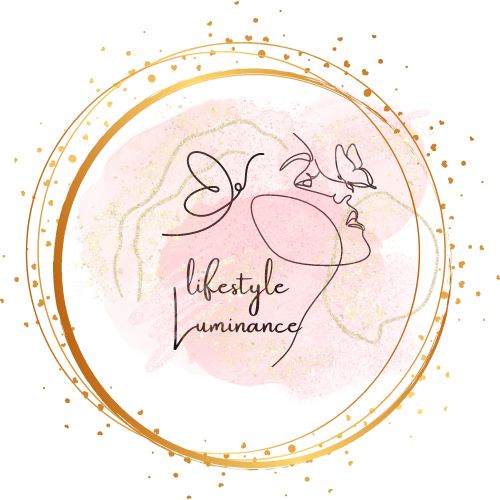Introduction:
Introduce the topic of healthy living within the context of Chinese culture. Highlight the importance of health and wellness in Chinese philosophy and traditions, and set the stage for discussing practical tips and strategies for maintaining health in today’s modern world.
Table of Contents
Body:
Traditional Chinese Medicine (TCM) Practices:

Discuss the foundational principles of Traditional Chinese Medicine, including the concepts of Yin and Yang, Qi (vital energy), and the Five Elements. Explore how TCM views health as a balance of these elements and how practices such as acupuncture, herbal medicine, and qigong contribute to overall well-being.
Dietary Guidelines and Nutrition:

Examine traditional Chinese dietary practices and their emphasis on balance, moderation, and harmony with nature. Discuss the importance of incorporating a variety of foods, including grains, vegetables, fruits, and lean proteins, and minimizing the consumption of processed foods and excessive sugars. Highlight specific Chinese superfoods and herbs known for their health-promoting properties.
An ancient Taoist says:
“The human body is a microcosm of the universe.” Perhaps there is a deep connection between our bodies and nature.
For example, the way rivers flow is very similar to the way blood vessels carry blood into our bodies. When nothing disturbs the flow of nature and the river flows smoothly, all is well along the river. If our blood is good and we have nothing bad, our body is healthy. But if the river is full or the man’s pipes are clogged, the two are quickly separated.
Understanding the relationship between our body and nature will help us not only be healthy but also happy. Here are three tips inspired by traditional Chinese medicine on how to care for your body.
Drink more tea.

If you go to Far Eastern countries, you won’t see many people drinking coffee. They prefer to stay hydrated and feed on hot tea. People pour green tea or oolong into thermos cups to drink on the go. (So popular they even have green tea!) So why? Research shows that tea has many health benefits. Drinking a cup of green tea reduces the risk of stroke by 35%! We cannot help but mention that it also helps with weight loss, protects bones, strengthens immunity and improves heart health. So Gānbēi (meaning “drink” in Chinese)
Physical Activity and Exercise:
Explore the role of physical activity and exercise in Chinese culture, from ancient martial arts practices like Tai Chi and Qigong to modern fitness trends. Discuss the benefits of these practices for improving balance, flexibility, strength, and overall cardiovascular health. Provide tips for integrating regular physical activity into daily routines.
Stress Management and Mental Health:

Examine traditional Chinese approaches to stress management and mental health, such as meditation, mindfulness, and the cultivation of inner peace and harmony. Discuss the importance of maintaining emotional balance and managing stress through practices like Tai Chi, meditation, and herbal remedies. Highlight the benefits of seeking support from family, friends, and community networks.
Environmental Harmony and Wellness:
Discuss the concept of environmental harmony in Chinese culture and its impact on health and wellness. Explore practices such as Feng Shui, which seeks to create balance and harmony in living spaces, and the importance of connecting with nature for physical and mental well-being. Provide practical tips for creating a healthy and harmonious environment at home and work.
Modern Health Challenges and Adaptations:

Acknowledge the modern health challenges facing individuals in Chinese society, such as sedentary lifestyles, air pollution, and stress-related illnesses. Discuss how traditional Chinese health practices can be adapted to address these challenges and complement modern healthcare approaches. Highlight the importance of preventive care and regular health screenings.
Healthy Living Tips: How to Stay Healthy in Chinese Culture
Healthcare requires specialized knowledge of many interrelated systems and processes. That’s why health problems are so common today. Every cog in the system must work together to maintain the smooth functioning of the healthcare facility, and the technology used in the organization serves this purpose.
The digital revolution is forcing healthcare companies to find solutions to the ever-increasing problems of this development. Software, hardware, cloud-based computing, and other tools are designed to streamline everything from patient records and payment information to standard communications, medications, and more.
Conclusion:
Summarize the key points discussed in the article and emphasize the timeless wisdom of Chinese health traditions in promoting holistic well-being. Encourage readers to incorporate these principles into their own lives and explore the rich heritage of Chinese culture for inspiration on their journey to health and wellness.

